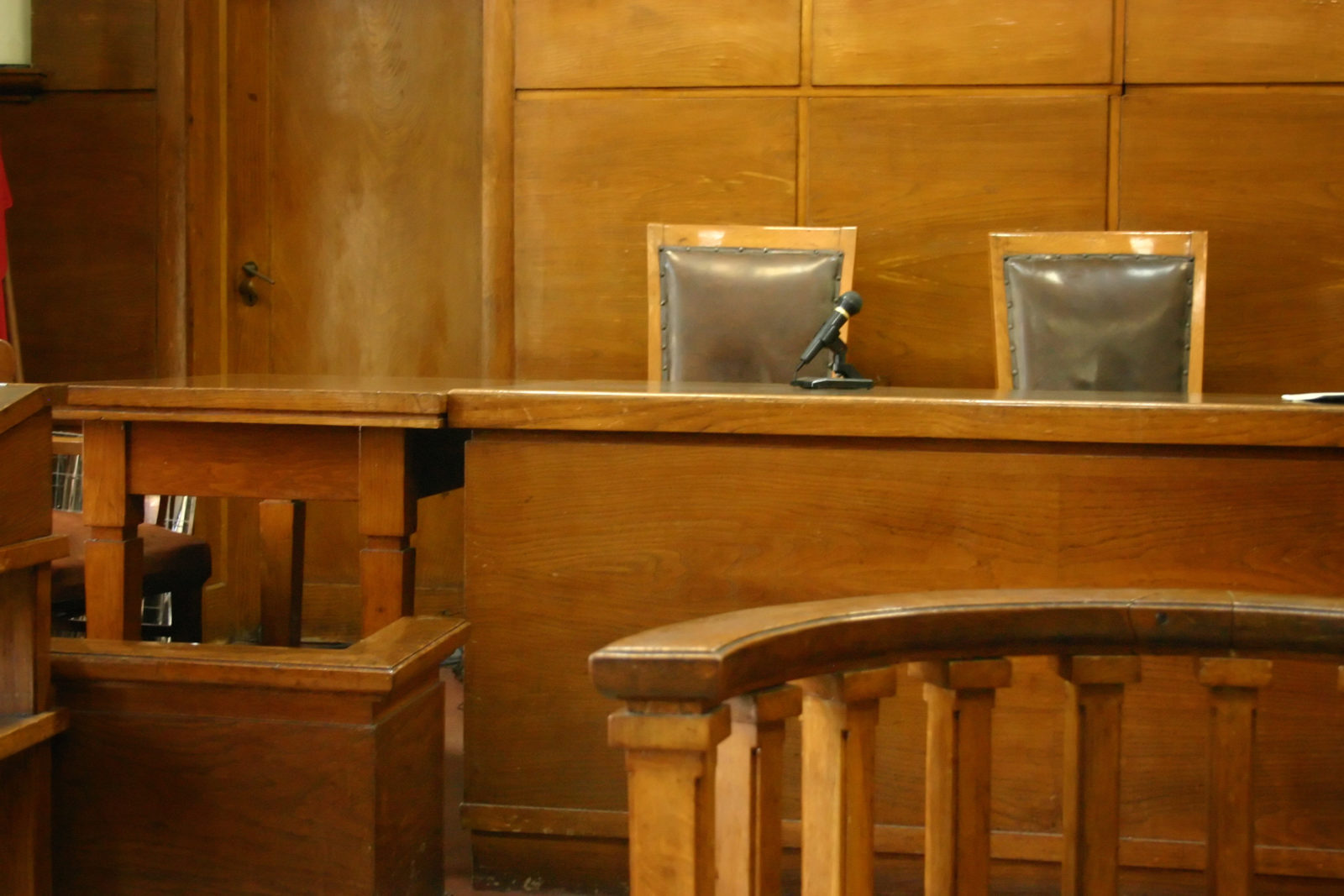Doubting Rationalist
BERKELEY, Calif. — “The Washington Post is not one of my biggest fans, you know that.”
Hello?
The Washington Post reporter has just walked out of a spray of Pacific-borne rain into the living room of a modest bungalow west of downtown. There’s a shag rug, an inspirational painting or two and Phillip Johnson, dressed in tan slacks and a sweater and sitting on a couch. He pulls a dog-eared copy of a Post editorial out of his shirt pocket and reads aloud:
With their slick Web sites, pseudo-academic conferences and savvy public relations, the proponents of ‘intelligent design’ — a ‘theory’ that challenges the validity of Darwinian evolution — are far more sophisticated than the creationists of yore. … They succeed by casting doubt on evolution.
The 65-year-old Johnson swivels his formidable and balding head — with that even more formidable brain inside — and gazes over his reading glasses at the reporter (who doesn’t labor for the people who write the editorials).
“I suppose you think creation is all about unguided material processes, don’t you? Well, I don’t have the slightest trouble accepting microevolution as the cause behind the adaptation of the peppered moth and the growth of finches’ beaks. But I don’t see that evolutionists have any cause for jubilation there.
“It doesn’t tell you how the moths and birds and trees got there in the first place. The human body is packed with marvels, eyes and lungs and cells, and evolutionary gradualism can’t account for that.”
He’s not big on small talk, this professor emeritus at the University of California at Berkeley’s law school.
For centuries, scriptural literalists have insisted that God created Heaven and Earth in seven days, that the world is about 6,000 years old and fossils are figments of the paleontological imagination. Their grasp on popular opinion was strong, but they have suffered a half-century’s worth of defeats in the courts and lampooning by the intelligentsia.
Now comes Johnson, a devout Presbyterian and accomplished legal theorist, and he doesn’t dance on the head of biblical pins. He agrees the world is billions of years old and that dinosaurs walked the earth. Evolution is the bridge he won’t cross. This man, whose life has touched every station of the rationalist cross from Harvard to the University of Chicago to clerk at the Supreme Court, is the founding father of the “intelligent design” movement.
Intelligent design holds that the machinery of life is so complex as to require the hand — perhaps subtle, perhaps not — of an intelligent creator.
“Evolution is the most plausible explanation for life if you’re using naturalistic terms, I’ll agree with that.” Johnson folds his hands over his belly, a professorial Buddha, as his words fly rat-a-tat-tat.
“That’s only,” he continues, “because science puts forward evolution and says any other logical explanation is outside of reality.”
Johnson and his followers, microbiologists and geologists and philosophers, debate in the language of science rather than Scripture. They point to the complexity of the human cell, with its natural motors and miles of coding. They document the scant physical evidence for the large-scale mutations needed to make the long journey from primitive prokaryote to modern man.
They’ve inspired a political movement — at least 19 states are considering challenges to the teaching of Darwin’s theory of evolution.
None of which amuses evolutionary biologists, for whom intelligent-design theory inhabits the remotest exurb of polite scientific discourse. Darwin’s theory is a durable handiwork. It explains the proliferation of species and the interaction of DNA and RNA, not to mention the evolution of humankind.
The evidence, they insist, is all around:
Fruit flies branch into new species; bacteria mutate and develop resistance to antibiotics; studies of the mouse genome reveal that 99 percent of its 30,000 genes have counterparts in humans. There are fossilized remains of a dinosaur “bird,” and DNA tests suggest that whales descended from ancient hippos and antelopes.
Does it make any more sense to challenge Darwin than to contest Newton’s theory of gravity? You haven’t seen Phillip Johnson floating into the stratosphere recently, have you?
William Provine, a prominent evolutionary biology professor at Cornell University, enjoys the law professor’s company and has invited Johnson to his classroom. The men love the rhetorical thrust and parry and often share beers afterward. Provine, an atheist, also dismisses his friend as a Christian creationist and intelligent design as discredited science.
As for the aspects of evolution that baffle scientists?
“Phillip is absolutely right that the evidence for the big transformations in evolution are not there in the fossil record — it’s always good to point this out,” Provine says. “It’s difficult to explore a billion-year-old fossil record. Be patient!”
Provine’s faith, if one may call it that, rests on Darwinism, which he describes as the greatest engine of atheism devised by man. The English scientist’s insights registered as a powerful blow — perhaps the decisive one — in the long run of battles, from Copernicus to Descartes, that removed God from the center of the Western world.
At which point a cautionary flag should be waved.
Scientists tend to be a secular lot. But science and religion are not invariable antagonists. More than a few theoretical physicists and astronomers note that their research into the cosmos deposits them at God’s doorstep. And evolution’s path remains littered with mysteries.
Is it irrational to inquire if intelligent life is seeded with inevitabilities?
Read More ›


